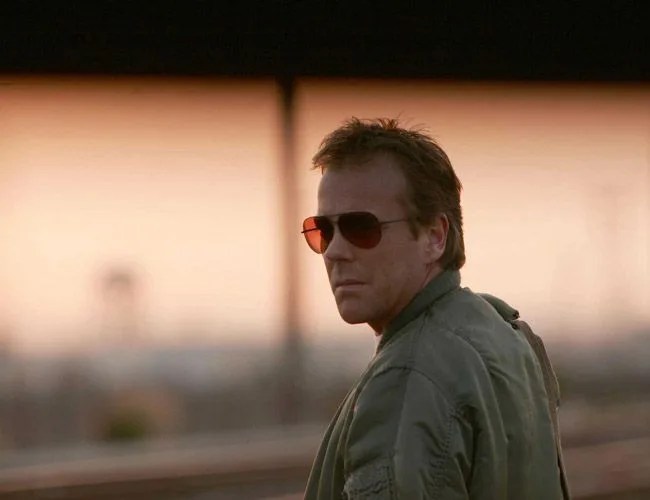

It’s been exactly 93 days since Fox ran a cryptic, 13-second clip at the beginning of the Super Bowl. Most people were confused, bored or too preoccupied with the chips and guac to care, but the moment I heard those defining countdown clock ticks I knew something big was coming.
When 24 debuted on November 6th, 2001 (impressive, and tragic, timing for a show centered around an American in a Counter Terrorism Unit), it caught the attention of a nation in flux, still reeling from the most jarring event of the 21st century. Whether because of outside events or its own merits, the show was an absolute hit. Kiefer Sutherland won a best actor golden globe, TV Guide eventually named the finale the 10th best TV episode of all time, and Jack Bauer became a household name in a matter of weeks.
All of this general praise was backed up by a hugely positive critical reception that was due in no small part to the show’s writing. Though it was often accused of being xenophobic or too superficial, the series addressed issues of nuclear rogue states, the morality of enhanced interrogation, racial profiling and more with aplomb — even if these themes were consistently covered by a healthy veneer of explosions and yelling.
To the dismay of many fans, 24 seems to be out of place in its current incarnation.
Monday nights with 24 were a long-running tradition for me and whoever I happened to be living with during its eight-season run between 2001 and 2010. Those clock ticks at the top of every episode were the prelude to 60 minutes of ridiculous action, insane plot twists and inevitably something about schematics. I savored every “Jack Bauer Power Hour”, as they came to be known. But by 2010 slumping ratings seemed to indicate the world was ready to move on. The show was canceled.
